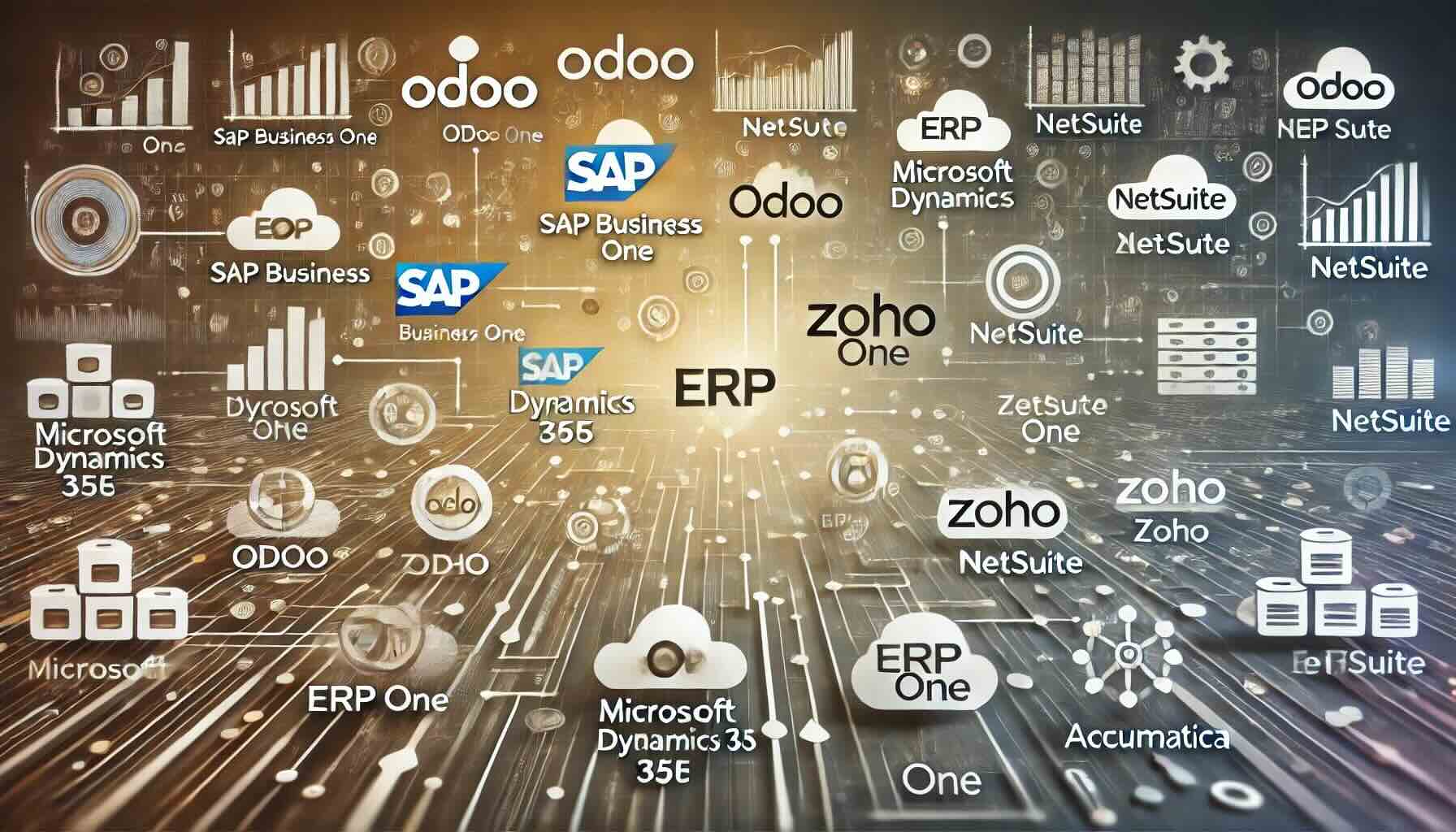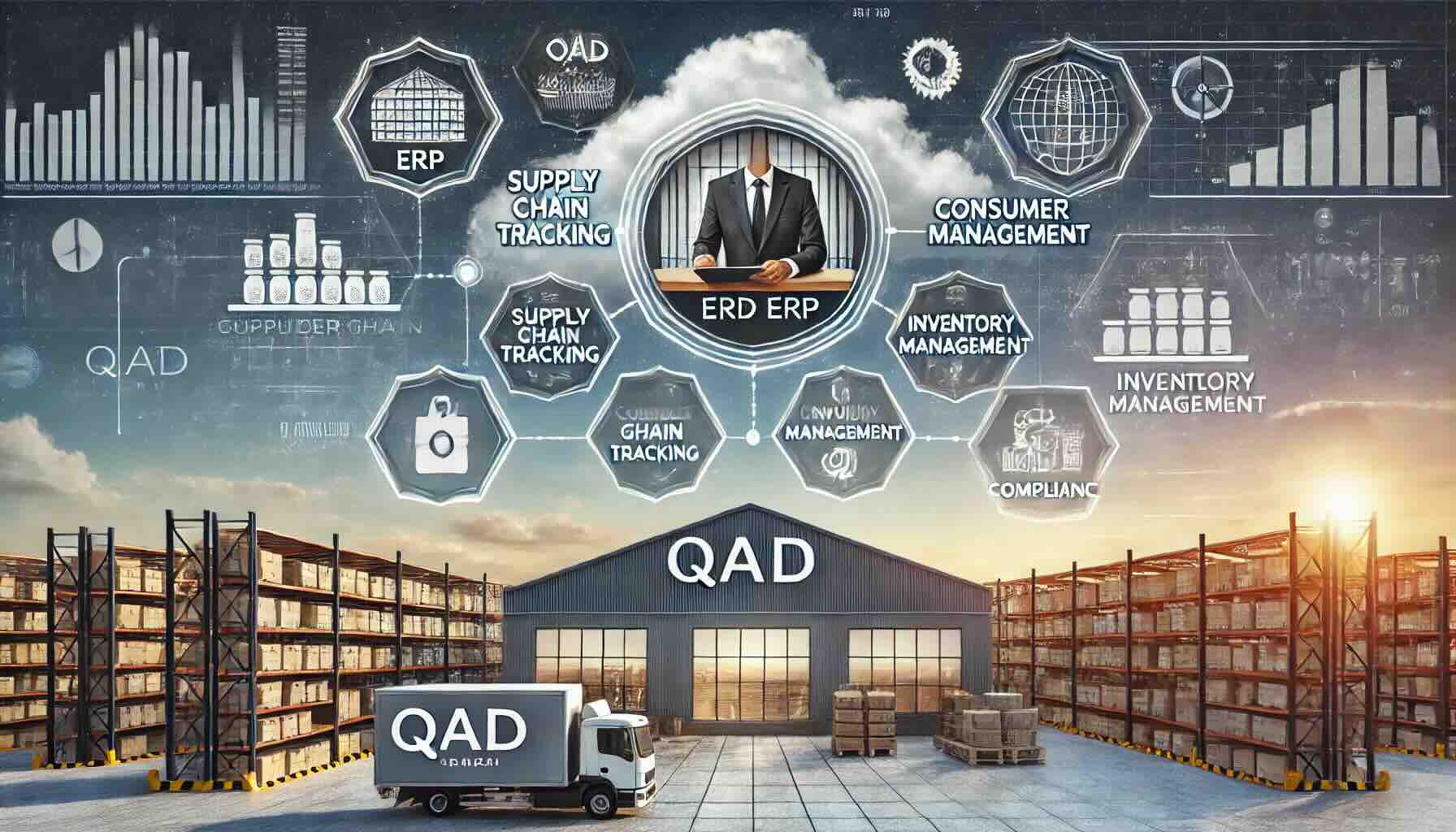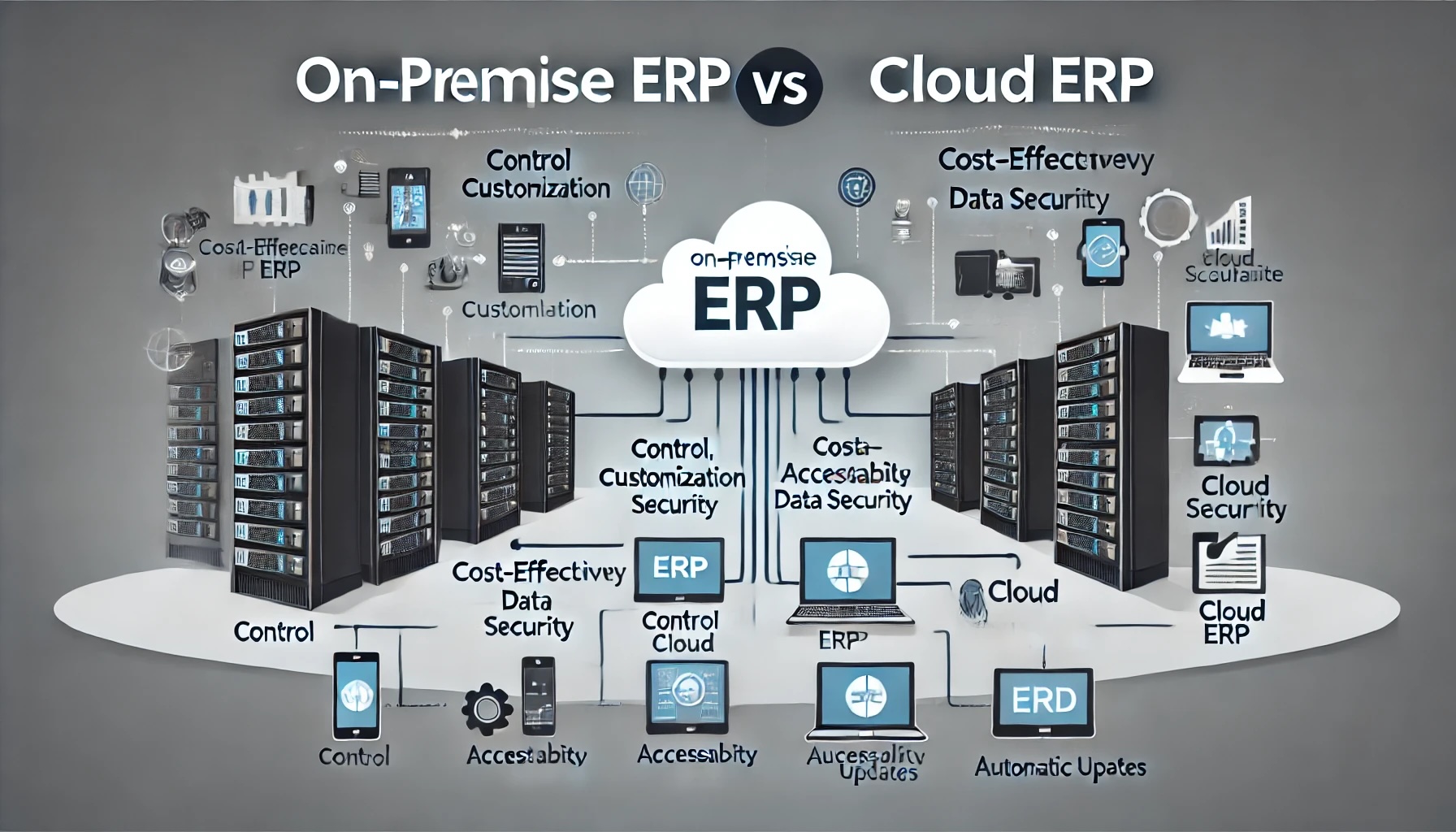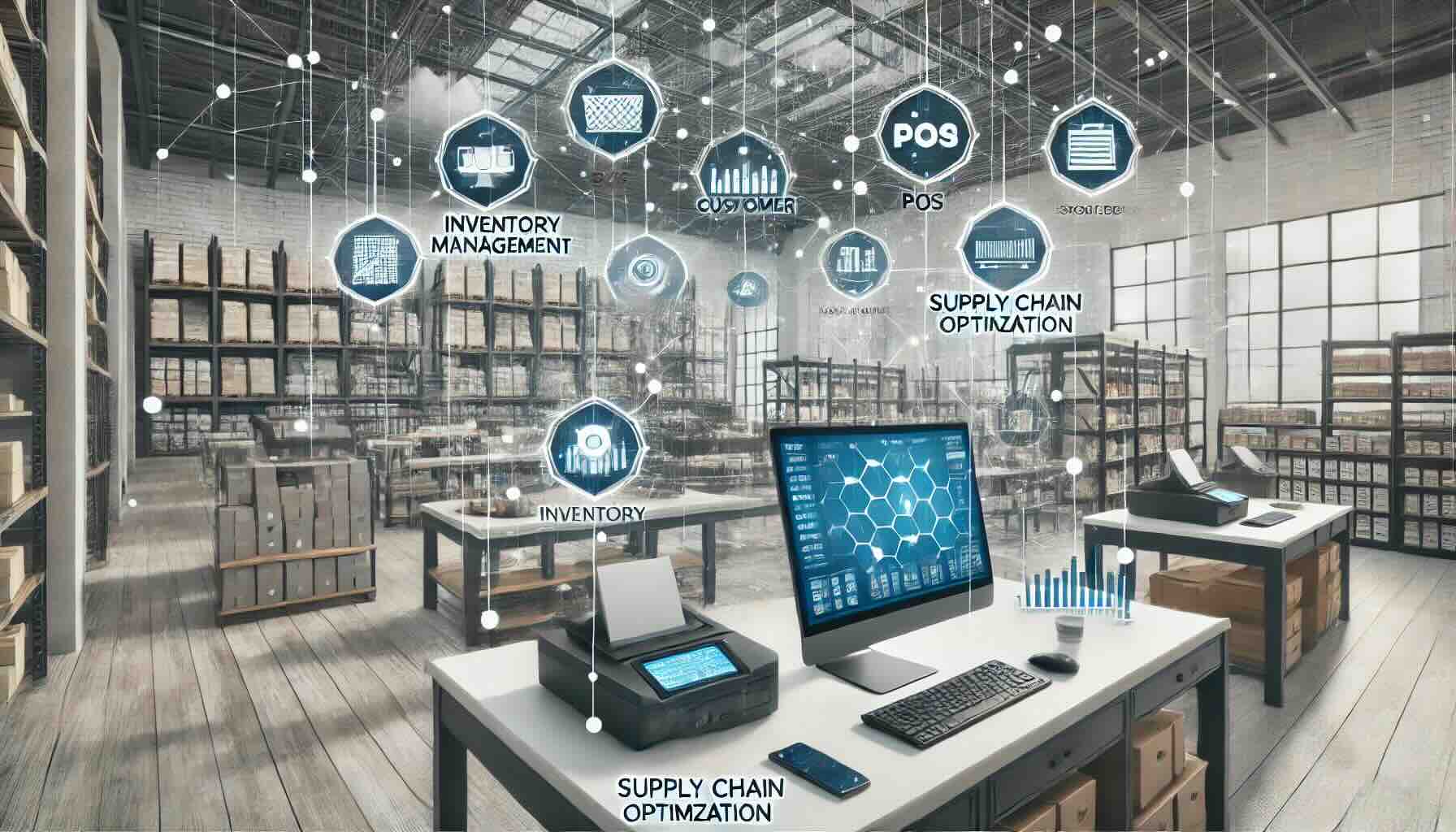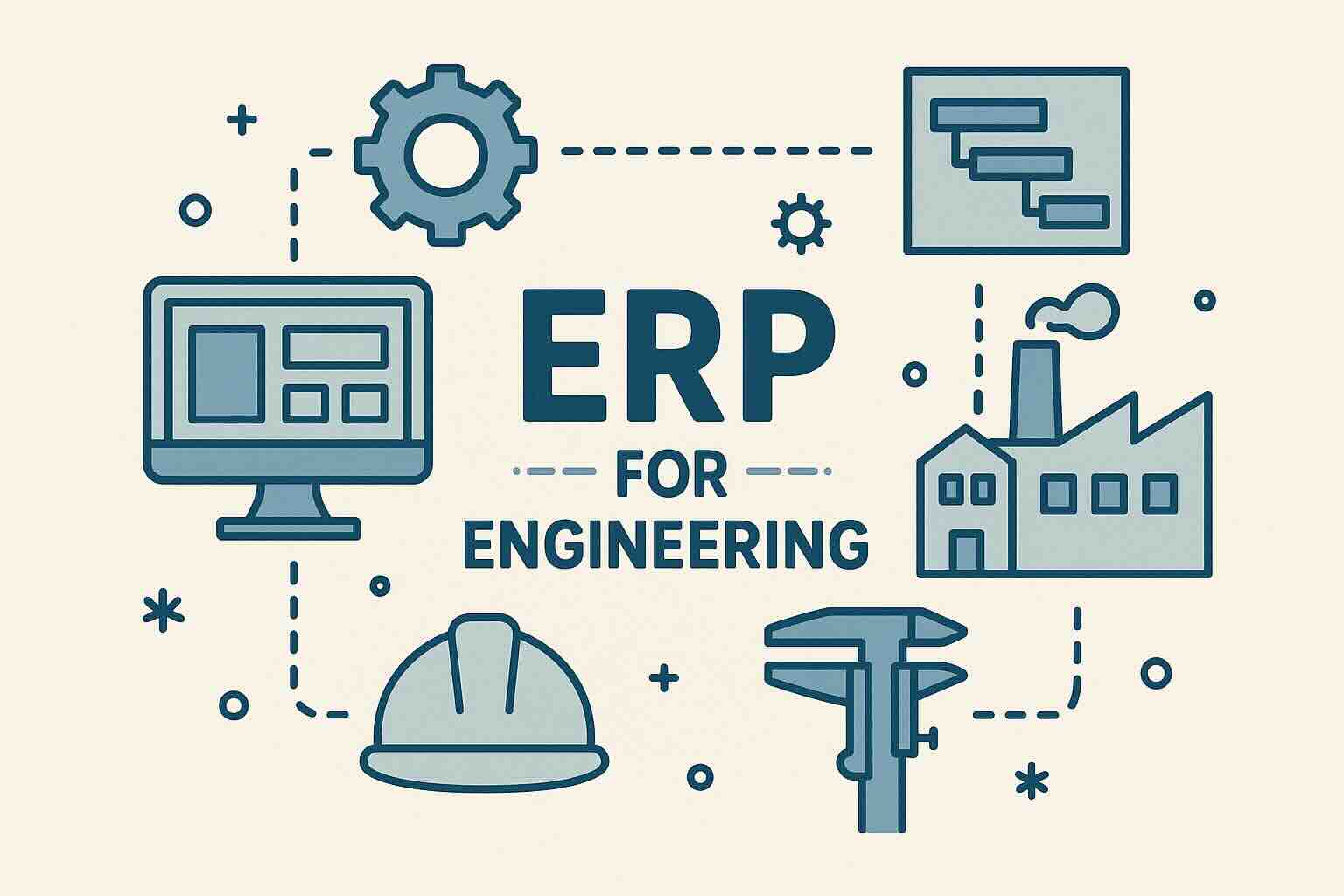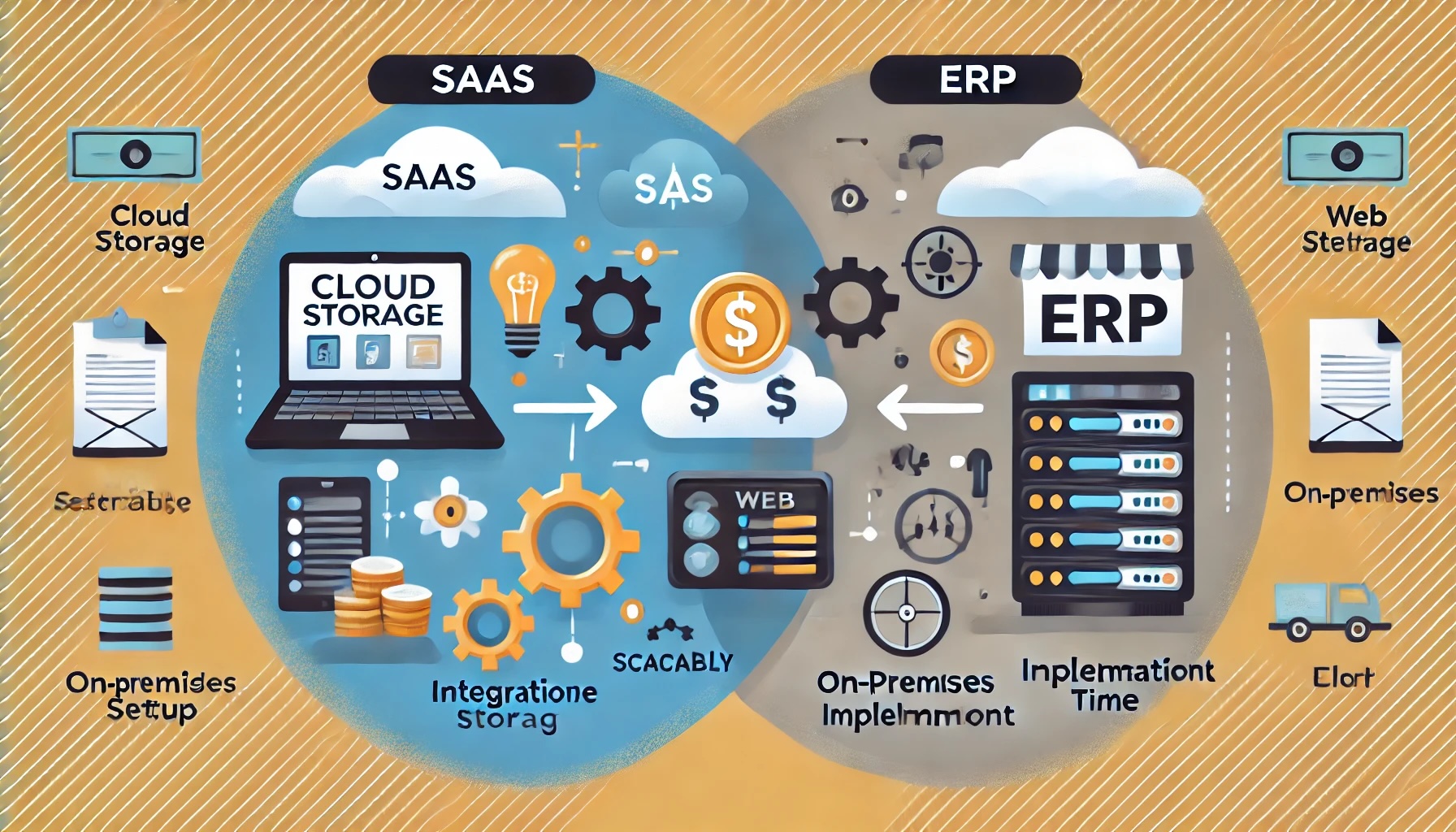Best ERP for the Chemical Industry: A Comprehensive Guide
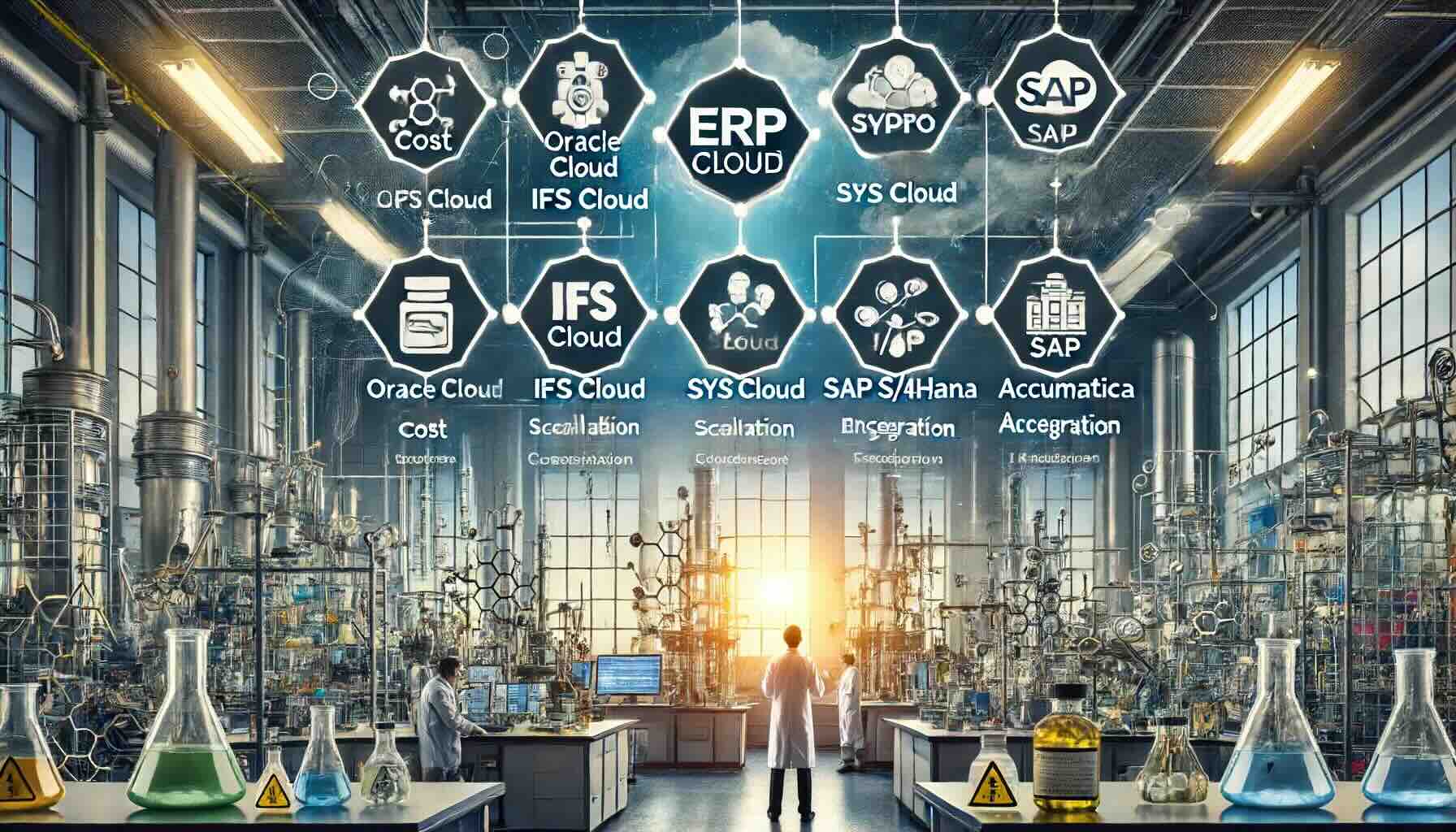
Selecting the best ERP for the chemical industry is a critical decision that can significantly impact a company’s efficiency, compliance, and profitability. The chemical industry requires robust ERP solutions that can handle complex processes, ensure regulatory compliance, and integrate seamlessly with other systems. In this blog, we will explore five top ERP systems: Oracle Cloud, IFS Cloud, Syspro, SAP S/4HANA, and Acumatica, analyzing their strengths and weaknesses to help you make an informed decision.
Oracle Cloud
Strengths:
- Comprehensive Functionality: Oracle Cloud offers a wide range of modules tailored for the chemical industry, covering everything from supply chain management to compliance and reporting.
- Scalability: Ideal for large enterprises, Oracle Cloud can scale effortlessly to accommodate growing business needs.
- Advanced Analytics: Provides powerful analytics and reporting tools that help in making data-driven decisions.
- Security: Offers top-notch security features to protect sensitive chemical industry data.
Weaknesses:
- Cost: High initial setup and ongoing maintenance costs can be prohibitive for smaller companies.
- Complexity: Implementation and customization can be complex, requiring specialized knowledge and support.
- User Training: Extensive training is needed for users to fully leverage the system’s capabilities.
- Integration: Integrating with non-Oracle applications can be challenging and may require additional resources.
Click this link to find out more about Oracle Cloud for the chemical industry.
IFS Cloud
Strengths:
- Industry Focus: IFS Cloud has strong industry-specific features designed for the chemical sector, ensuring compliance and efficiency.
- Flexibility: Highly flexible and customizable to meet unique business processes and requirements.
- User Experience: Intuitive user interface that enhances user adoption and efficiency.
- Global Reach: Supports global operations with multi-language, multi-currency, and local compliance features.
Weaknesses:
- Implementation Time: The implementation process can be lengthy, especially for large organizations.
- Cost: The total cost of ownership, including licensing and customization, can be high.
- Support: Limited support options for smaller businesses or those in remote locations.
- Complexity: The system can be complex to manage, requiring a skilled IT team.
Click this link to find out more about IFS Cloud for the chemical industry.
Syspro
Strengths:
- Affordability: Syspro is known for its cost-effective solutions, making it accessible for small to mid-sized chemical companies.
- Ease of Use: User-friendly interface and straightforward implementation process.
- Customization: Highly customizable to fit specific business needs without extensive costs.
- Customer Support: Strong customer support and a dedicated user community.
Weaknesses:
- Scalability: May not be as scalable as other ERP solutions, potentially limiting growth.
- Advanced Features: Lacks some of the advanced features found in larger ERP systems.
- Integration: Integration with other systems can be limited, requiring additional tools or workarounds.
- Global Presence: Less robust global support compared to larger ERP providers.
Click this link to find out more about Syspro for the chemical industry.
SAP S/4HANA
Strengths:
- Comprehensive Solution: Offers an extensive suite of applications that cover all aspects of the chemical industry’s operations.
- Real-Time Data: Provides real-time analytics and insights, crucial for decision-making in the fast-paced chemical sector.
- Compliance: Strong focus on regulatory compliance, ensuring adherence to global standards.
- Scalability: Highly scalable, suitable for large multinational companies.
Weaknesses:
- Cost: High cost of implementation and ongoing management.
- Complexity: Complex system that requires significant IT resources and expertise.
- Customization: Customization can be time-consuming and costly.
- Training: Requires extensive user training to fully utilize all features.
Click this link to find out more about SAP S/4HANA for the chemical industry.
Acumatica
Strengths:
- Cloud-Native: Fully cloud-based, offering flexibility and accessibility from anywhere.
- Cost-Effective: Lower cost compared to many larger ERP systems, making it a good option for mid-sized companies.
- Ease of Integration: Excellent integration capabilities with a wide range of third-party applications.
- User-Friendly: Intuitive interface that is easy for users to navigate.
Weaknesses:
- Limited Features: May lack some advanced features required by larger chemical companies.
- Scalability: While good for mid-sized companies, it may not scale as effectively for very large enterprises.
- Support: Limited global support infrastructure.
- Customization: Customization options are available but can be limited compared to larger ERP systems.
Click this link to find out more about Acumatica for the chemical industry.
Conclusion
Choosing the best ERP for the chemical industry involves considering your company’s specific needs, budget, and growth plans. Oracle Cloud, IFS Cloud, Syspro, SAP S/4HANA, and Acumatica each offer unique advantages and face certain challenges. By understanding these strengths and weaknesses, you can select an ERP system that enhances your operational efficiency, ensures compliance, and supports your long-term business goals.
To compare these ERP solutions and many more, you can use our new AI-powered Compare ERP tool. It’s free to use and you get a guaranteed discount on your first year’s licence fees with a referral from Compare ERP.

